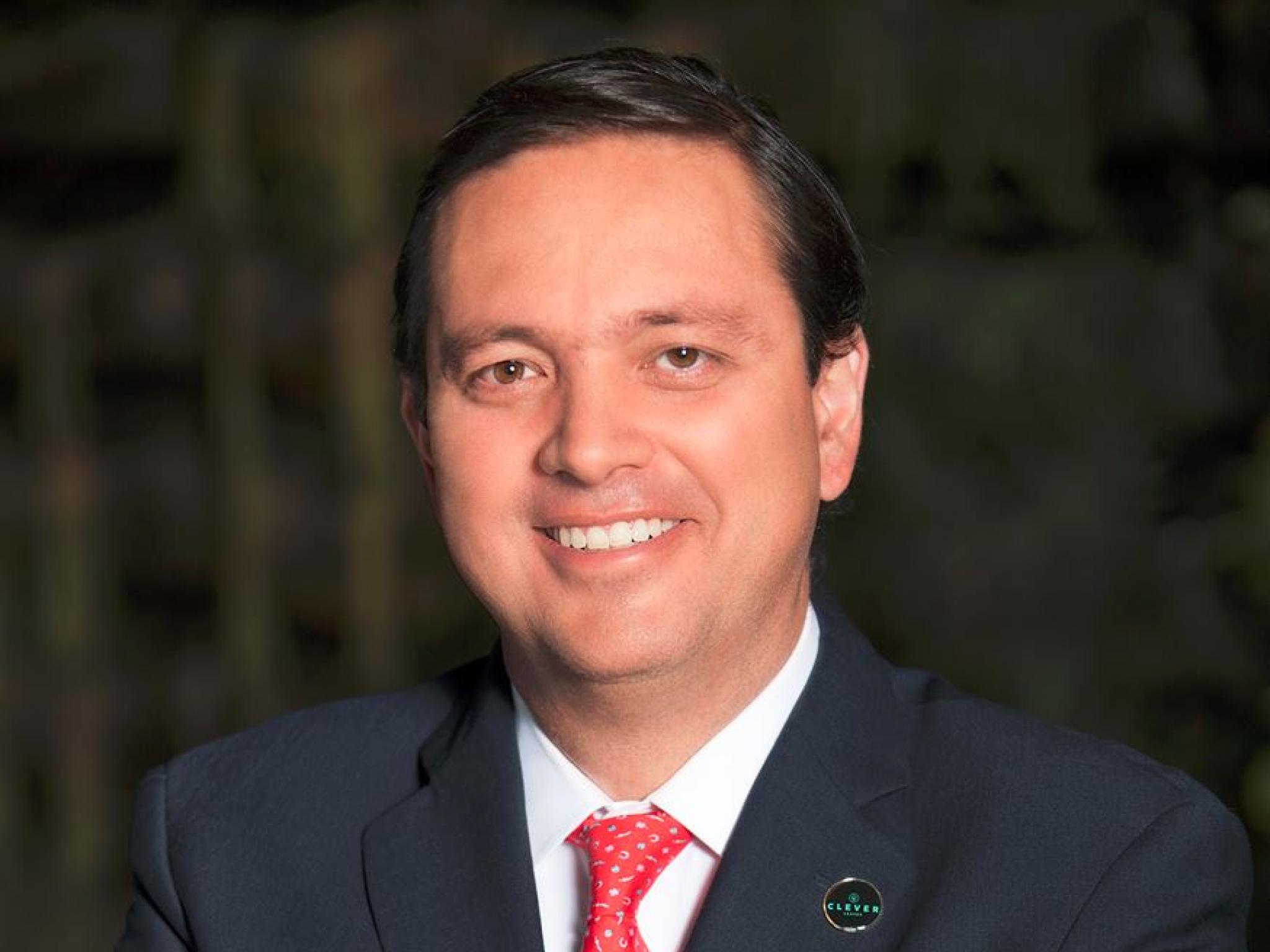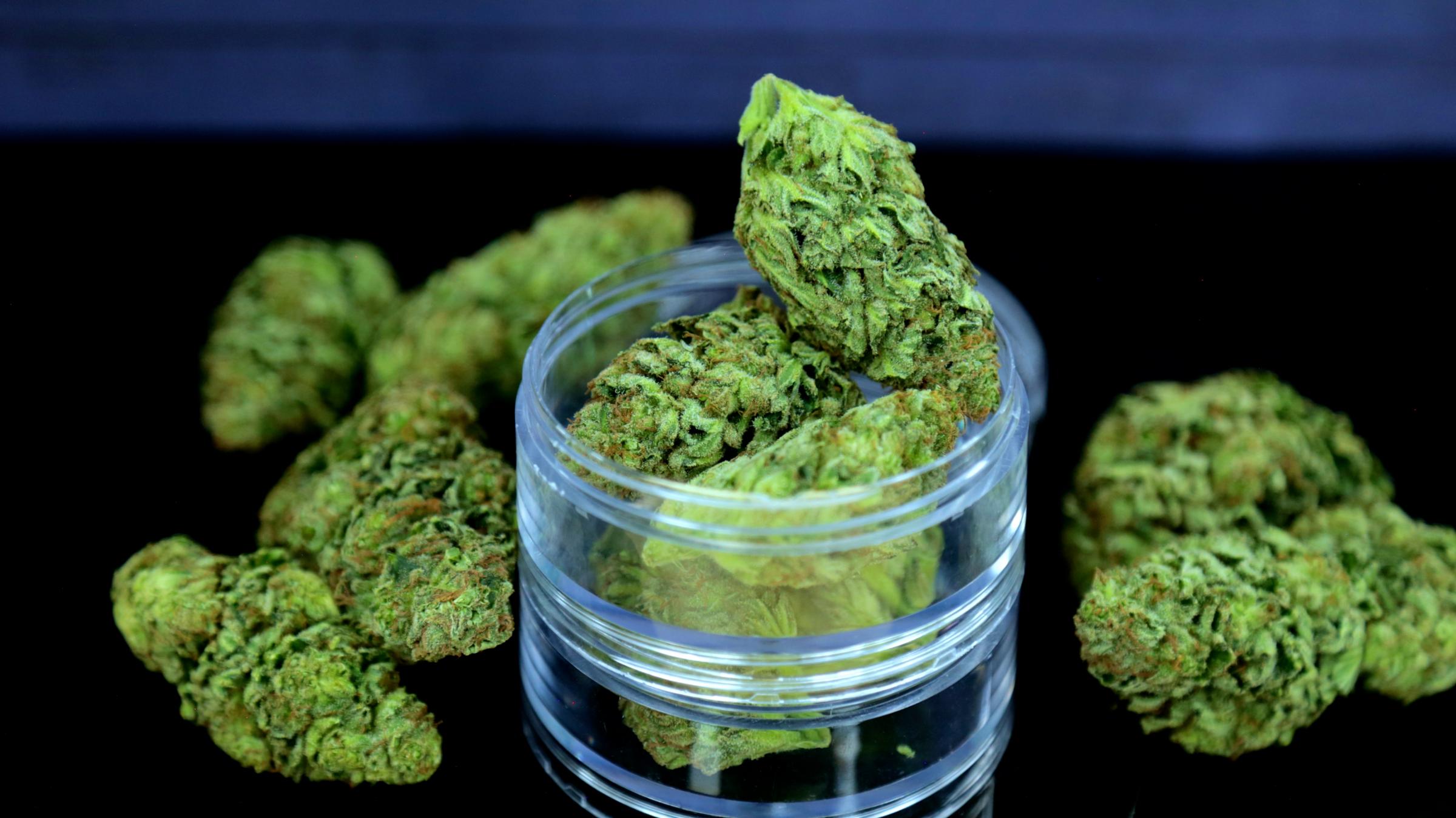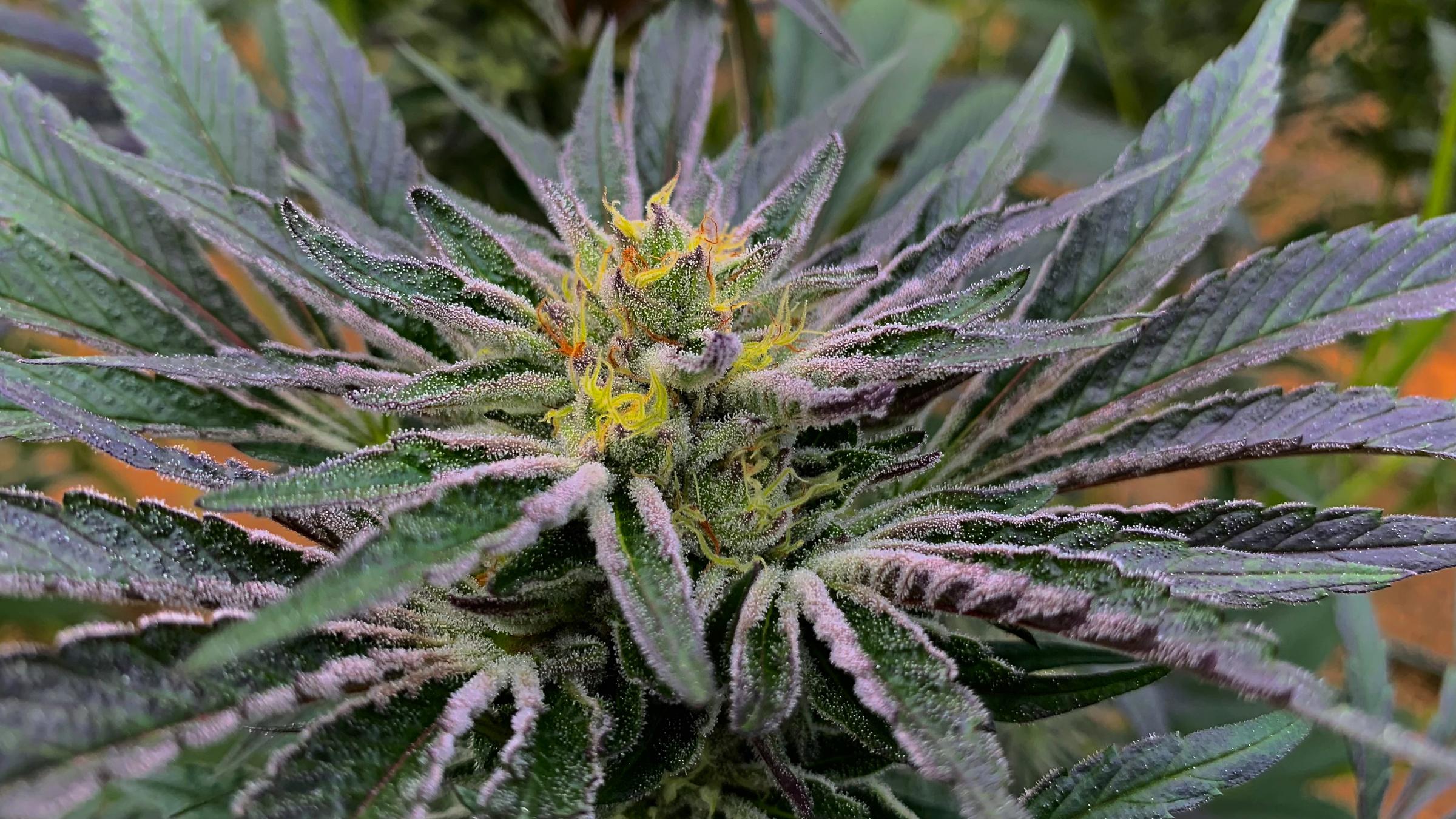
Andres Fajardo is the CEO of Clever Leaves Holdings Inc. (NASDAQ:CLVR), one of the largest cannabis companies with operations in Canada, Colombia, Germany, Portugal and the United States. Clever is the first cannabis company in Latin America listed on Nasdaq with a European Union Good Manufacturing Practices Certification (EU GMP) for flowers and extracts.
In Colombia, Clever Leaves has invested in the development of state-of-the-art infrastructure for the cultivation of pharmaceutical-grade cannabis. Fajardo knows first-hand the challenges to the development of the industry though there will likely be changes on the horizon with the country's new President Gustavo Petro.

Following Colombia's historic elections, the congress is expected to begin discussing the legalization of recreational cannabis. Fajardo says the moment is right for much-needed reform that builds on the local experience and the country’s natural advantages to generate decent jobs and collect taxes.
“I think that it is a propitious moment for this type of proposal, first because Colombia learned from what we did well and what we did wrong in terms of cannabis regulation," Fajardo told Benzinga in an exclusive interview. "And now we can apply these lessons to the regulation of cannabis for adult use. Colombia can be a supplier of cannabis for adult use for export, due to its low costs, climate, and geography, and because it has established companies.”
He stressed that the bill filed by Deputy Gustavo Bolivar had the endorsement of President Gustavo Petro. "This is not a new market that is created, people are brought in from illegality and are given a legal framework that generates taxes, promotes science, creates decent jobs and that may be of interest to an incoming government with economic challenges ahead."
Benefits For Local Cannabis Businesses
The legalization of cannabis generates expectations in Colombian cannabis producers who expect to access certifications, new markets and retail presence. In particular, this could be an alternative for cannabis companies that have already invested in the country under the premise of huge potential markets that did not turn out to be much, given the global competition, and the complex regulatory requirements in the destination markets.
Fajardo said one of the most significant changes would entail facilitating access to adult consumers through dispensaries.

Likewise, Fajardo said the scope of legalization, in terms of economic activity, will depend on regulations.
“If the requirement is the same as in Germany, few companies will be able to participate, if you lower the standards, more companies will be able to participate, but the risk of lower quality products being manufactured is greater. This is a crucial definition.”
Whether or not Clever enters the recreational cannabis sector in Colombia will depend on the company’s “right to win,” Fajardo explained, including the possibility of a horizontal association with other companies in segments such as beverages and edibles in the infusion of products.
Though Fajardo is confident that Clever's competitive advantage lies in its ability to make a pharmaceutical-grade export flower, at the cost of cannabis for adult use.
“We have the installed capacity to make pharmaceutical products with scale and costs to supply the market for adult use and export cannabis flowers for adult use. We are on route to export to Israel, one of the most competitive markets, we have recognized brands in the Colombian market, and that puts us at the forefront of the rest of the producers,” Fajardo said
“In the recreational segment of cannabis, quality depends on whether the flower is consistent, has certain aromas, has enough humidity, and how it is cured, it is a bit like wine and we are working on that.”
Fajardo clarified that the company is in a position to diversify and strengthen its genetic bank to develop local brands and supply the domestic market with a diverse offer that attracts consumers to the legal market.
“As with wine, local genetics can be stabilized and enhanced. We are attentive to evaluating the possibilities of working with local growers who have lifelong genetics. Regional brands can be made, as with wine, we want to refine the genetics beyond the THC content. Measuring cannabis by THC content is like measuring wine by alcohol content,” Fajardo explained.

-The growth of the recreational segment is driven in part, by the diversity of supply, in the event of legalization, how would you diversify your portfolio of SKUs?
We have been developing ingredients and applications, distillates, and medicinal formulations for water-soluble foods and we are working on the development of flavors. If the market for adult use arrives, we are prepared. I don't need to buy a line of water or gummies, some people do it much better for us, we have the ingredients.
-How is Clever positioned in the face of other cannabis companies landing in Colombia?
Probably there will be MSOs coming over to Colombia. Colombia will be a great hub and a large internal market for cannabis for adult use and I would like to be a platform to bring those competitors to participate in the market and conquer other markets from here, I see it as a symbiosis that generates taxes and economic development.
The multiplier effect of cannabis for adult use
Regarding the multiplier effect of cannabis, that is, the possibility that the cannabis industry for adult use will chain other productive sectors, Fajardo is cautious.
Although Colombia could develop cannabis tourism (taking advantage of the country's installed capacity), Fajardo understands that consumers with purchasing power and disposable income already have access to legal cannabis.
“There would be an opportunity for tourism, for folks who do not want to buy cannabis in their country. There will be people who would like to travel as with wine, but I don't know how much [$] wine moves versus wine that is exported. I do believe in two gigantic opportunities, on the one hand, to legalize a huge market that exists, create decent jobs, and generate income for the state,” Fajardo concluded.
Photos courtesy of Clever Leaves.







